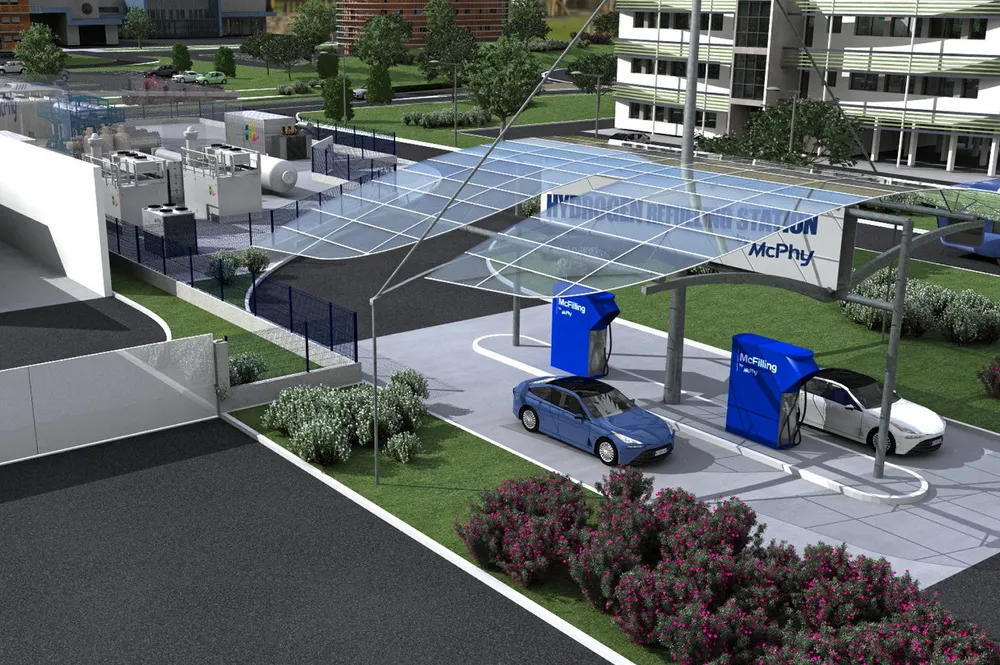Another electrolyser maker plans to offload its hydrogen refuelling business
France’s McPhy begins exclusive negotiations to sell its filling station equipment unit to compatriot Atawey

France’s McPhy begins exclusive negotiations to sell its filling station equipment unit to compatriot Atawey
